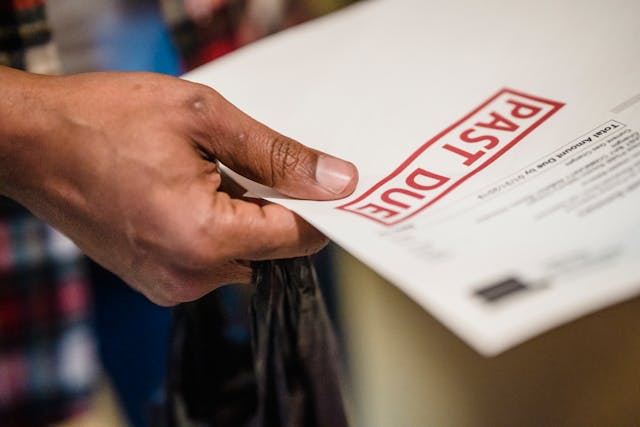New Rules Related to the Collection of Outstanding Payments from Patients After October 20
As part of the 2024-25 New York State Budget enacted this past April, significant changes were made to rules related to the collection of payments from patients. Receiving the most attention is a greatly expanded hospital financial assistance program and prohibition on debt collection lawsuits by hospitals against patients who earn below 400% FPL. However, there are also several other notable “under the radar” provisions applicable to ALL health care providers including physician practices taking effect October, 20, 2024 that will affect notifications to patients regarding the collection of outstanding balances.
Separate Consent Required for Payment. One of these provisions will require hospitals, physician practices and other healthcare providers to use separate patient consent forms for treatment and for payment. Specifically, it provides that consent to payment cannot be requested until after the hospital, physician or other health care provider has (1) provided the services to the patient, and (2) discussed the treatment or service costs with the patient.
Credit Cards on File. Another new provision prohibits hospitals, physicians and other health care providers from requiring credit card preauthorization or that a credit card to be kept on file prior to providing emergency or medically necessary health care services. Notification must also be provided to patients about the risks of paying for medical services with a credit card, including the fact that by doing so, the patient will forego state and federal protections applicable to medical debt.
Medical Financial Products. Another new provision prohibits hospitals, physicians or other health care providers (or their employees) from completing any portion of an application for “medical financial products” for patients or from otherwise arranging for an application for such product that is not completely filled out by the patient.
Recognizing the logistical challenges associated for some practices with compliance with these new provisions, MSSNY has reached out to the NYS Department of Health for guidance.



